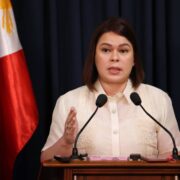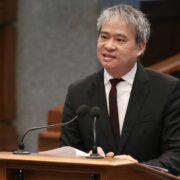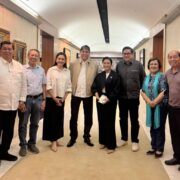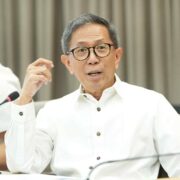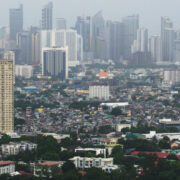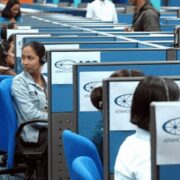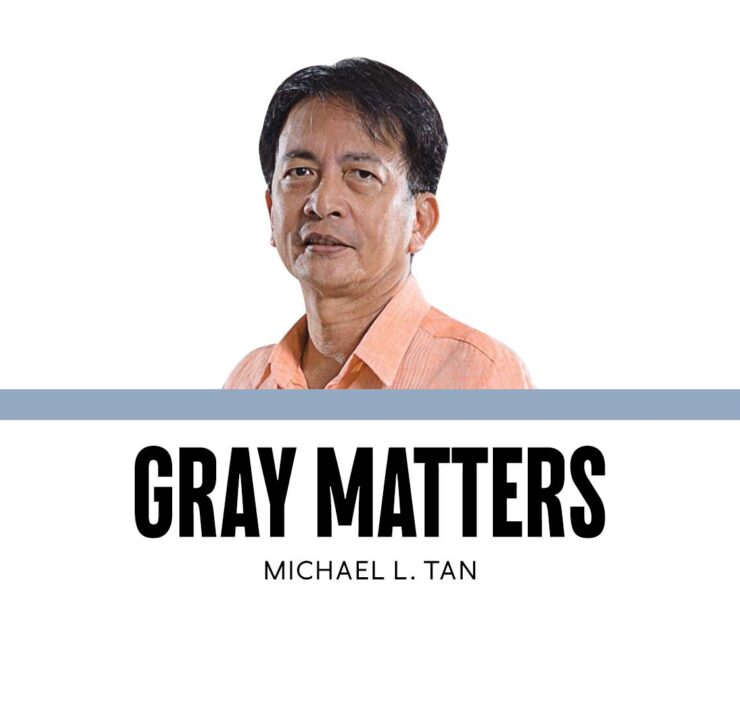A universal pope
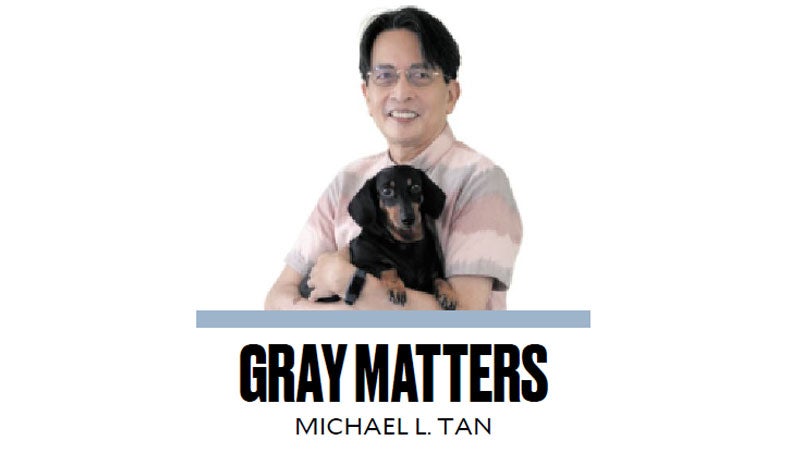
In his first “Urbi et Orbi” (To the City and to the World), the new pope, Leo XIV, opened with Latin to send greetings of peace, then switched to Italian for most of his public address, with a short detour in Spanish to send special greetings to the Peruvian diocese of Chiclayo, which he served from 2012 to 2023.
Not bad for an American, with the United States Census Bureau reporting only 20 percent of the US population speaking two or more languages. The pope also spoke the three languages without the American notoriety for linguistic massacre, i.e., “Americanizing” the pronunciation of the sounds of other languages.
The new pope actually speaks more languages than the three he used in his first public address, being fluent in French and Portuguese, and can read and understand German.
His command of languages and his first few days of public pronouncements, speak of a globalist pope, bringing us closer to the lesser-known meaning of “Catholic,” which is “universal” and “of the world.”
Pope Leo XIV’s command of languages came from his life experiences. He was born and raised in Chicago, making him the first American to become pope. He became a priest and missionary, serving in Peru. He was also the prior general of the Augustinian order for several years, which meant he had to visit many places where the Augustinians were, including the Philippines.
Rightly so, we admire people who can speak many languages, but I imagine Pope Leo as someone who could probably understand many more languages picked up from listening, even if through interpreters. His work as a pastor and administrator required listening skills, which Pope Leo’s predecessor, Francis, alluded to frequently, especially in terms of listening with the heart.
In his first week as pope, we are beginning to see some of Leo’s priorities. Foremost is working for peace and one which is lasting and just. The war in Ukraine is foremost for him. Pope Francis also spoke frequently about ending the war in Ukraine but referred to the possibility of a Ukrainian surrender. In contrast, Pope Leo spoke out saying, “Never again war” in relation to Ukraine and Gaza (Palestine), and a peace that would be “authentic, just, and lasting.”
The new pope is also likely to continue Pope Francis’ concern for immigrants. Pope Francis is remembered for his visits to immigrants, including refugees who crossed perilous seas to the Greek island of Lesbos with many lives lost.
Pope Leo is expected to take up the immigrants in his homeland, the US, now the target of the US government’s deportation campaigns. It helps that Pope Leo himself comes from families of immigrants, including maternal grandparents who were part of the Creoles (what we would call mestizo) of Louisiana. The pope is also a dual citizen, having been naturalized in Peru, which entitles him to another first. Besides being the first (north) American and the first Augustinian, he can rightly be called the first Peruvian to become pope.
It’s tempting to look for more firsts for Pope Leo. When I read about him having a university degree in mathematics, I wondered and checked. It seems though that he’s already the third mathematician pope!
But back now to Pope Leo and languages. Note that he did not use English at all in his first public address as pope. A wise move. Americans have a way of irritating people, especially when they are outside the United States, speaking in one of the varieties of American English in a loud arrogant voice and a know-it-all tone. A novel published in 1958, “The Ugly American,” described this stereotype of the overseas American and the term is now used to refer to a wide array of such creatures, from tourists to aggressive missionaries, to political leaders like Vice President Vance.
Look up “Pope Leo XIV speaks English. That’s bad news for JD Vance” by Mollie Wilson O’Reilley, editor at large of the liberal Catholic magazine Commonweal. The title says it all about how an American pope is what we need in our troubled times. Suddenly, we have an American pope who just might put Americans in their right place, and who will better explain Catholicism to Americans, without the risk of being ridiculed for not being able to understand America and English.
We, as America’s favorite colony with loyalty that extends to matters of religious faith, should listen carefully to Pope Leo’s wise counsel, in English at that, on many issues of the world in the many years to come.
Pope Leo turns 70 this year, young for a pope. Long may he live, Mabuhay ang Santo Papa!



